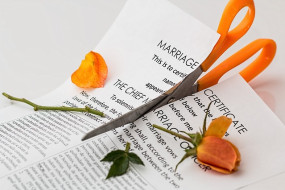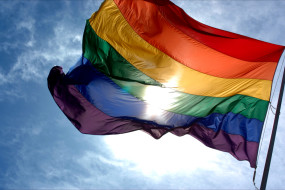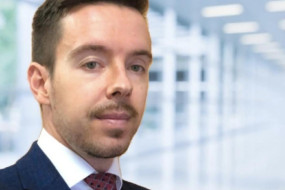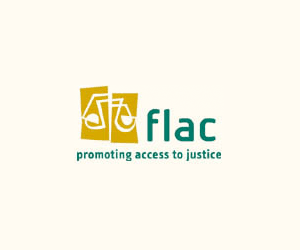Cryptocurrencies such as Bitcoin are becoming more prominent in divorce proceedings as parties use them to hide their wealth, an English divorce lawyer has said. Ayesha Vardag, who acted for the successful party in Radmacher v Granatino, which reshaped the law on pre-nups in England and Wales, said
Matrimonial Law
Family lawyer Claire Edgar, partner at Francis Hanna & Co Solicitors, examines the issue of equality in divorce settlements. It is 20 years since the House of Lords handed down the seminal judgement of White v White, which decided that, when determining each spouse’s contribution to the ma
Legislation has come into effect in Northern Ireland allowing civil partnerships to be converted into marriages and vice versa. Under The Marriage and Civil Partnership (Northern Ireland) (No. 2) Regulations 2020, same-sex couples can for the first time convert their civil partnerships into marriage
Government ministers have approved plans to legislate for the recognition of UK divorces after expiry of the Brexit transition period. Justice Minister Helen McEntee said: "I am conscious that in the absence of an agreement to the contrary, EU law will no longer apply to legal proceedings involving
Same-sex couples in Northern Ireland can have religious wedding ceremonies from today as new regulations come into force. The Marriage and Civil Partnership (Northern Ireland) Regulations 2020 removes the prohibition on religious marriage of same-sex couples from 1 September 2020.
The Court of Appeal has affirmed the judgment of the High Court refusing family reunification where the applicant's marriage was, at the time of contracting, actually polygamous. The ruling in I.H. (Afghanistan) v. Minister for Justice and Equality [2020] IECA 241 marks the latest occasion on which
The Supreme Court has held that a ministerial finding that a marriage amounted to a marriage of convenience does not make it a legal nullity. Background
A marriage is not void in law just because the Minister of Justice has found it to be a marriage of convenience, the Supreme Court has ruled in a landmark judgment. In his judgment, Mr Justice William McKechnie said a determination by the minister under certain regulations "does not have the effect
Same-sex couples in Northern Ireland will be allowed to have religious wedding ceremonies under new regulations laid in Westminster yesterday. The Marriage and Civil Partnership (Northern Ireland) Regulations 2020 will remove the prohibition on religious marriage of same-sex couples from 1 September
Northern Ireland Secretary Brandon Lewis has come under pressure to allow same-sex couples in Northern Ireland to have religious marriages and convert their existing civil partnerships to a marriage. Same-sex marriage became legal in Northern Ireland on Monday 13 January under the Northern Ireland (
A number of undefended divorces are set to be heard via remote hearings under a new pilot in Belfast. The announcement from the Recorder of Belfast, Judge David McFarland, comes less than a week after the first divorces were granted in remote hearings south of the border.
The granting of divorces in remote court hearings for the first time in Irish legal history has been welcomed as a "quantum leap from the 19th to the 21st century for courts, lawyers, judges and court users". Family lawyer Keith Walsh acted in a number of divorce cases heard remotely in Dublin Circu
Nearly 4,000 couples applied for a divorce in 2018, according to new figures from the Courts Service of Ireland. There were 3,864 applications to the Circuit Court for divorce and 1,238 applications for a judicial separation, the Irish Examiner reports.
A same-sex couple who married in England but were treated as civil partners on their return to Northern Ireland were discriminated against, the Court of Appeal in Belfast has ruled. However, as with a similar judgment earlier this month, judges said there was no purpose to be served by making a decl
A landmark ruling that a couple’s Islamic marriage falls within the scope of English marriage law but is void has been overturned by the Court of Appeal. In a judgment which could affect thousands of Muslims in England and Wales, the court has said that the "nikah" ceremony was an invalid cere

















